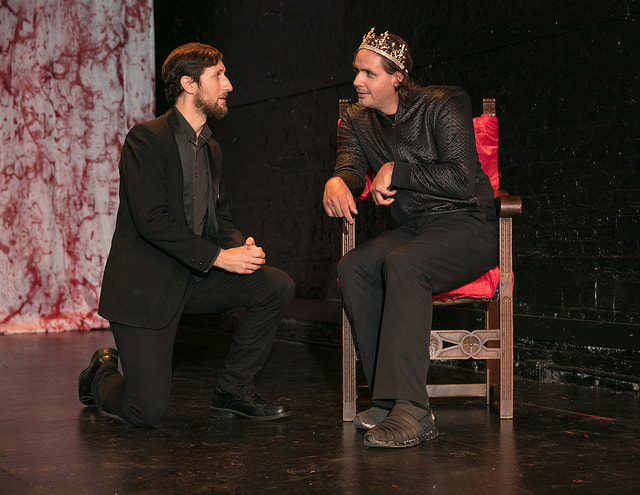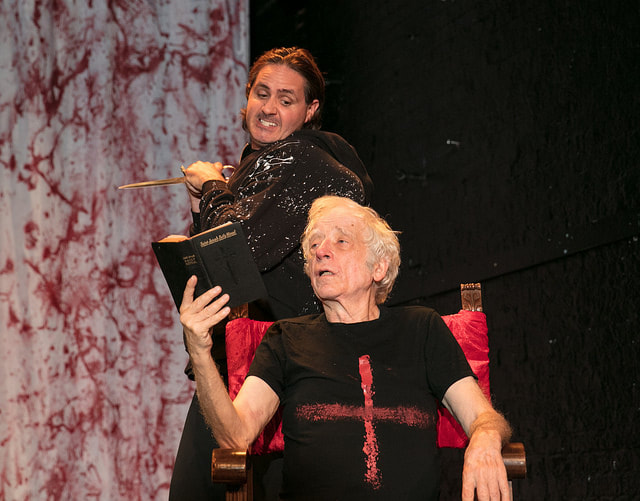1 Comment
|
About this blog
Emily C. A. Snyder reviews classical and classically inspired theatre in NYC. Archives
November 2018
CategoriesPop Feminist
A blog examining the intersection of pop culture, feminism, art and faith.
|





 RSS Feed
RSS Feed

